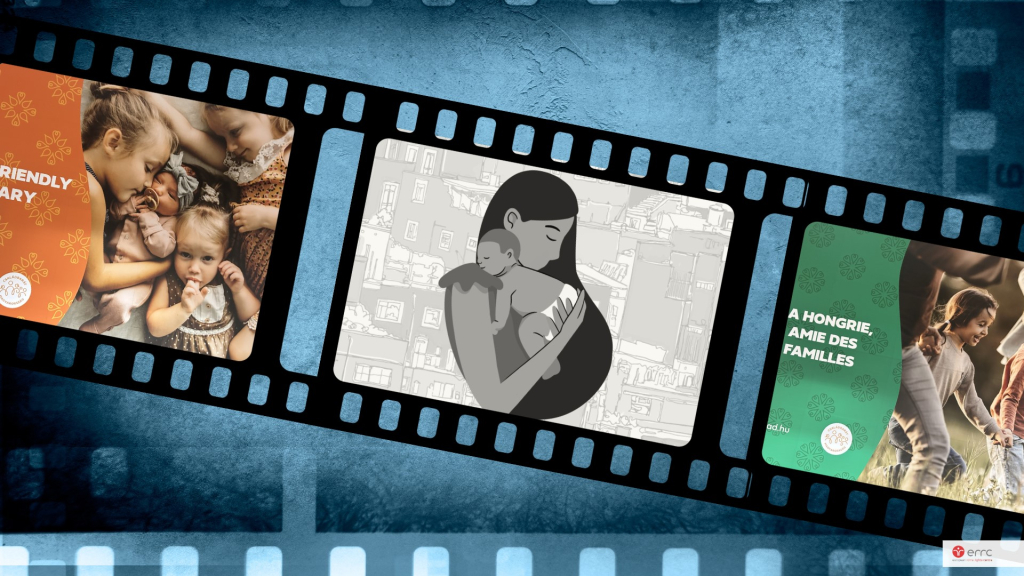‘Family-friendly’ Hungary allows for removals to be decided before a child is born
18 July 2025

Less than a month after the European Court of Human Rights (ECtHR) ruled against Hungary for wrongfully removing a new-born from its Romani mother, the Orbán regime doubled down and introduced a new amendment to the child protection law, enabling the authorities to decide on removal even before a child is born.
As reported by the independent news portal Telex.hu, according to the amendment passed on 1 July 2025, the guardianship authority may decide to remove a child before she is born, if child welfare risk factors are discovered during pregnancy that have not been eliminated by the 31st week of the mother's pregnancy.
According to Section 70 (1) of the law “the guardianship authority, upon the proposal of the child welfare center, shall …investigate ex officio whether the child’s upbringing in the care of its parents endangers its physical, intellectual, emotional or moral development.”
This retrograde step comes just a couple of weeks after the ruling delivered on 10 June 2025, the European Court of Human Rights (ECtHR) in B.T. and B.K.Cs v. Hungary, that Hungarian authorities had violated the Romani applicants’ right to respect for their family life by forcibly separating a mother from her newborn son immediately after birth without justification or any evidence of life-threating or imminent harm.
While victory in this case, taken with joint legal support from the ERRC and and the Hungarian Civil Liberties Union (HCLU), was welcome, ERRC Legal Director Vivien Brassói expressed disappointment “that the Court did not acknowledge the broader, systemic issue of Romani children in Hungary being disproportionately placed in institutional care, often as a result of ethnic discrimination.”
As soon as visitors land in Budapest international airport they are assailed by giant placards bearing the legend ‘Family friendly Hungary’ in many languages. As far as poor Romani families in Hungary are concerned, this is one great big lie. Despite provisions in domestic law that ‘a child may not be separated from his or her family solely for financial reasons’, the ERRC has documented patterns of disproportionate removals of Romani children from their families without adequate justification or evidence of imminent risk; and found that poverty among Romani families remains the most common reason for child removal.
A ‘family-friendly’ response from the authorities to the latest ECtHR ruling would be to support Romani families at risk of separation due to poverty, to ensure access to a diversity of alternative child-care supports, and to invest in community-based services for families at risk.
A ‘family-friendly’ response would be to focus on prevention, to end unnecessary removals, and prioritise the best interests of the child. This could be done by ensuring effective cooperation between public service providers such as schools, employment offices, housing authorities, and health facilities to enable Romani families at risk to improve their living conditions.
Instead, the Orbán regime has opted for more regulation that makes it easier for children to be removed from their families, and decisions on separations that violate Article 8 (the right to respect for private and family life), to be taken even before the child is born; and gives more arbitrary power to child-care authorities whose decisions and practices have long been tainted by anti-Roma discrimination. It is abundantly clear that in the Fidesz Christian-national mindset, ‘family friendly’ is a deeply selective virtue.




